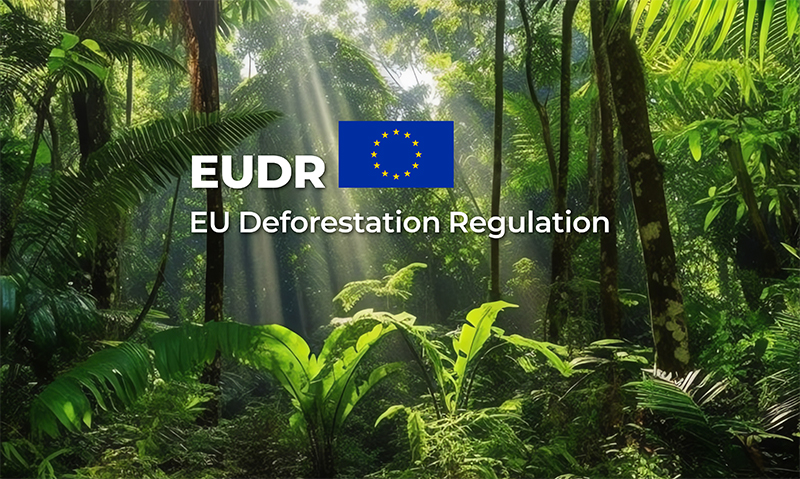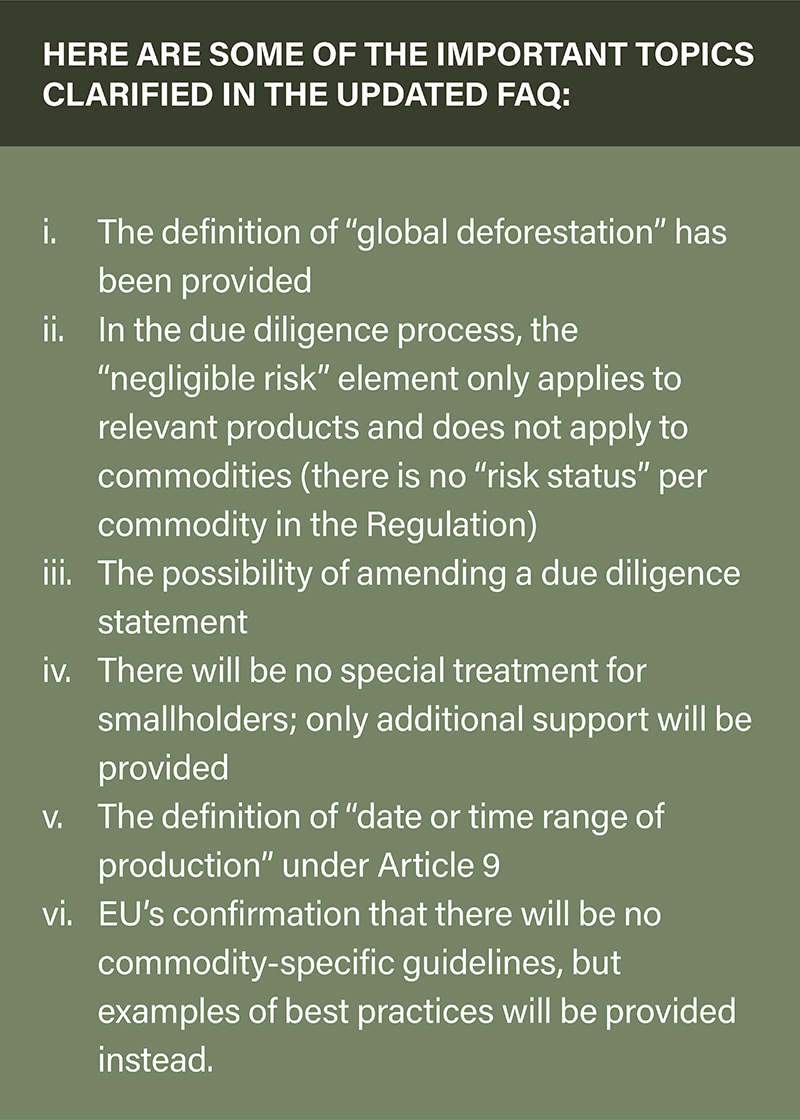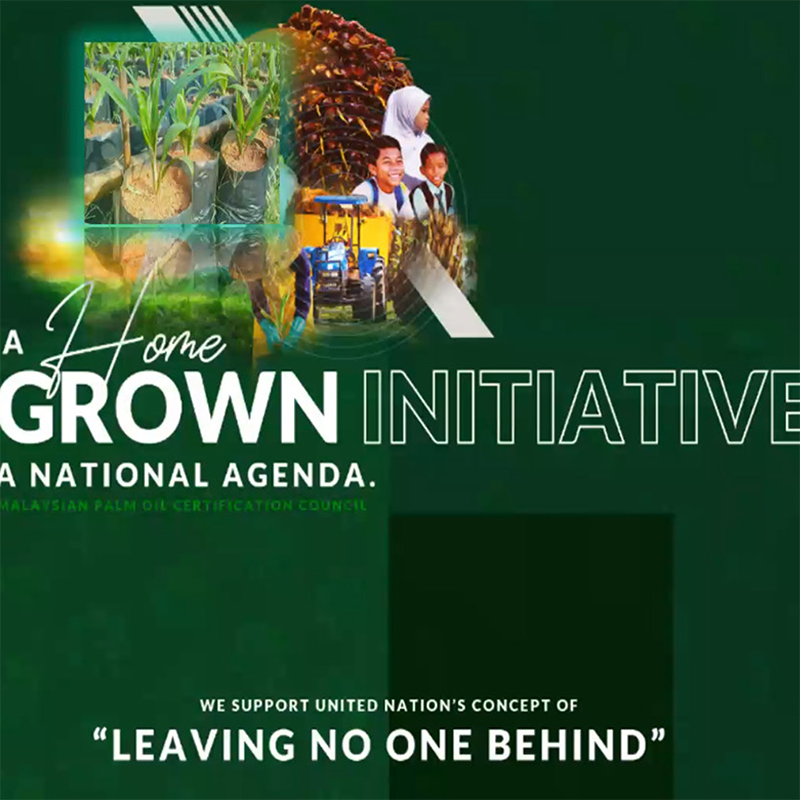- CIMB at the Forefront of ESG and Decarbonisation Evolution in the Palm Oil Industry
- New Updates to the EUDR FAQ: Here Is What You Need to Know
- Environment, Social, and Governance (ESG) Highlights within the Malaysian Palm Oil Industry
- UK Stakeholders Group Embracing the MSPO 2.0 Certification Scheme







